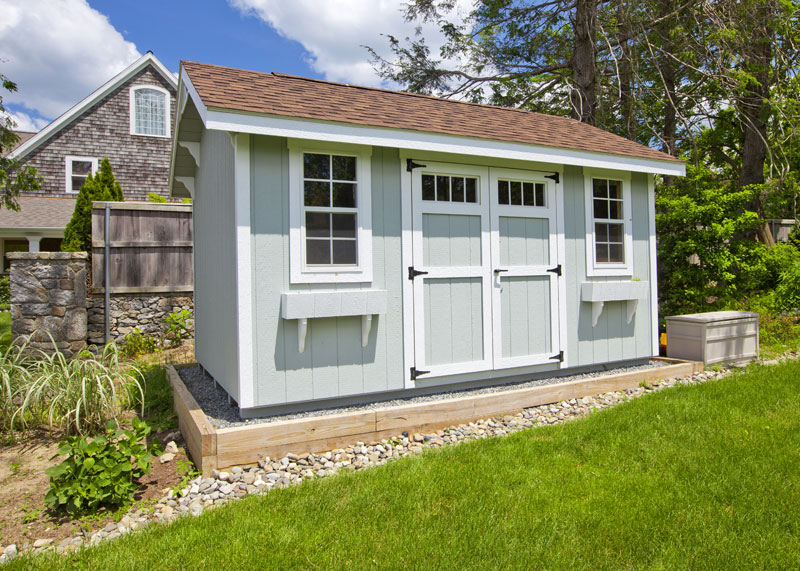I've not seen anything in the regulations, or in the rules for the application of PME preventing its use in concrete floored buildings, not have I ever heard of a DNO refusing to provide a PME connection due to a building having a concrete floor.
Yes for some metal structures they will refuse to provide a PME connection due to the increased risk.
Do you have any reasonable evidence to explain and support this, regulations, guides to the regulations, technical publications etc?
A fuse or circuit breaker is required to satisfy the DNO as they do not allow their fuse to be used to protect tails over 3m long (in most cases although some do allow 4m and some say the length must include the tails from cutout to meter)
Just an isolator is not acceptable for every other property in the UK with tails over 3m.
TT is not safer to the best of my knowledge, unless you can get a very good resistance to earth from the earth electrodes you install, then it may become equally safe.
PME provides a very low resistance earth directly back to the transformer, TT generally provides a much higher resistance path which can vary with seasonal changes and disturbance of the ground.
The last set of earth rods I installed had a combined Ra of 18 ohms, that's over 50 times the design value of a PME earthing connection for a 100A service.










